Table of Contents: Dahab
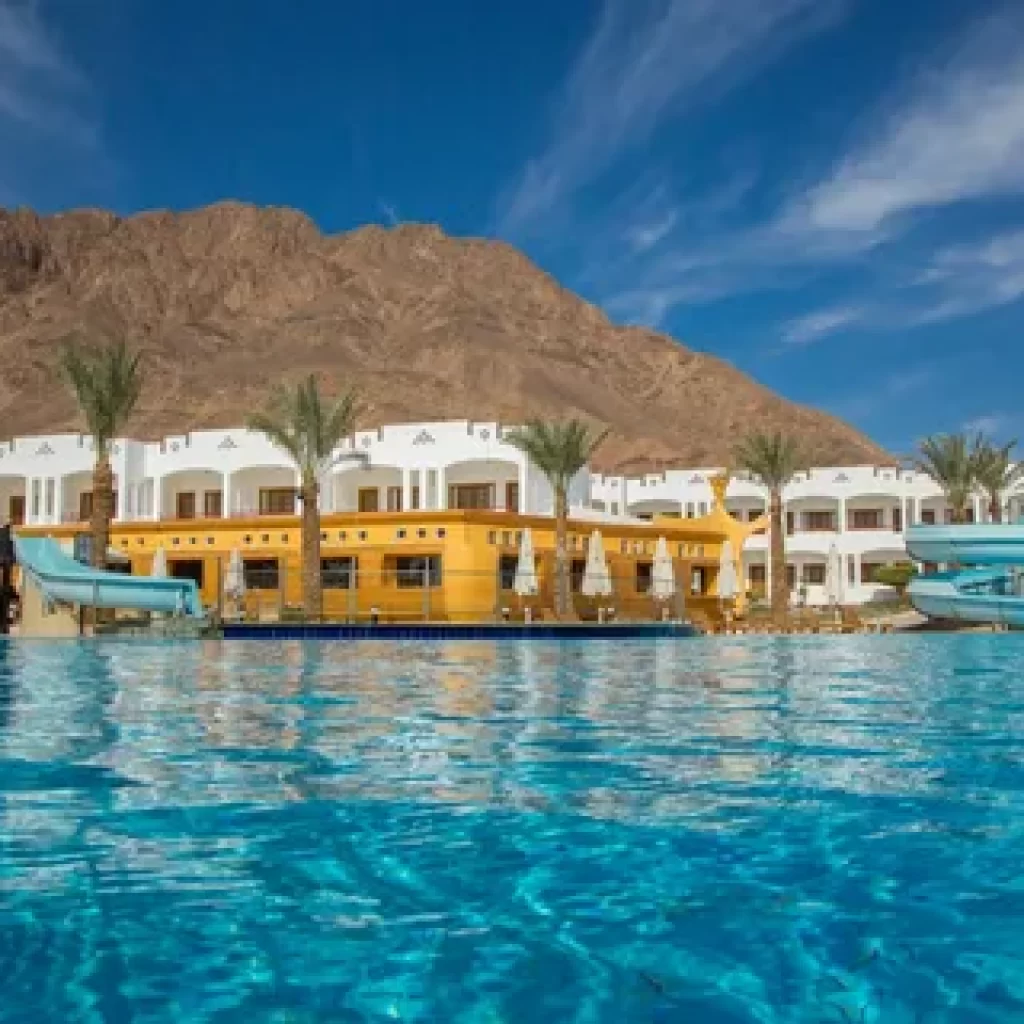
- Introduction
- The History
- Geography and Climate
- Dahab’s Beaches
- Water Activities in Dahab
- Exploring the Blue Hole
- Bedouin Culture and Traditions
- Top Restaurants and Cuisine
- Shopping
- Accommodation Options
- Travel Tips
- Conclusion
- FAQs
Introduction: Dahab
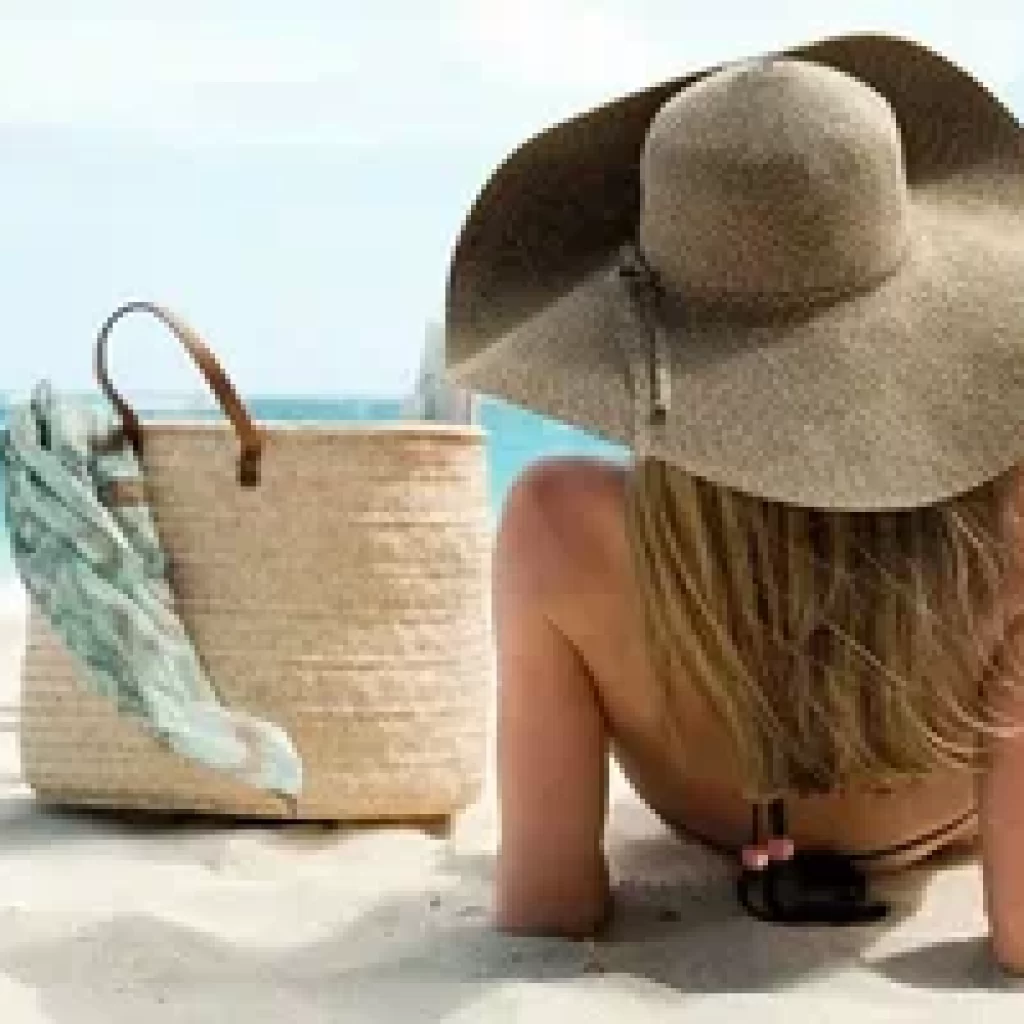
Dahab, a small town on the southeast coast of the Sinai Peninsula in Egypt, has long been a hidden gem for travelers seeking a mix of adventure and relaxation. Known for its stunning beaches, vibrant underwater life, and rich Bedouin culture, Dahab offers an unparalleled experience for those looking to explore beyond the typical tourist destinations. In this article, we will dive deep into what makes Dahab a must-visit location.
1. The History
Dahab, meaning “gold” in Arabic, has a rich history dating back to ancient times. It was once a small Bedouin fishing village and has transformed over the years into a popular tourist destination. Its name is believed to be inspired by the golden sands of its beaches and the area’s historical significance as a trading route.
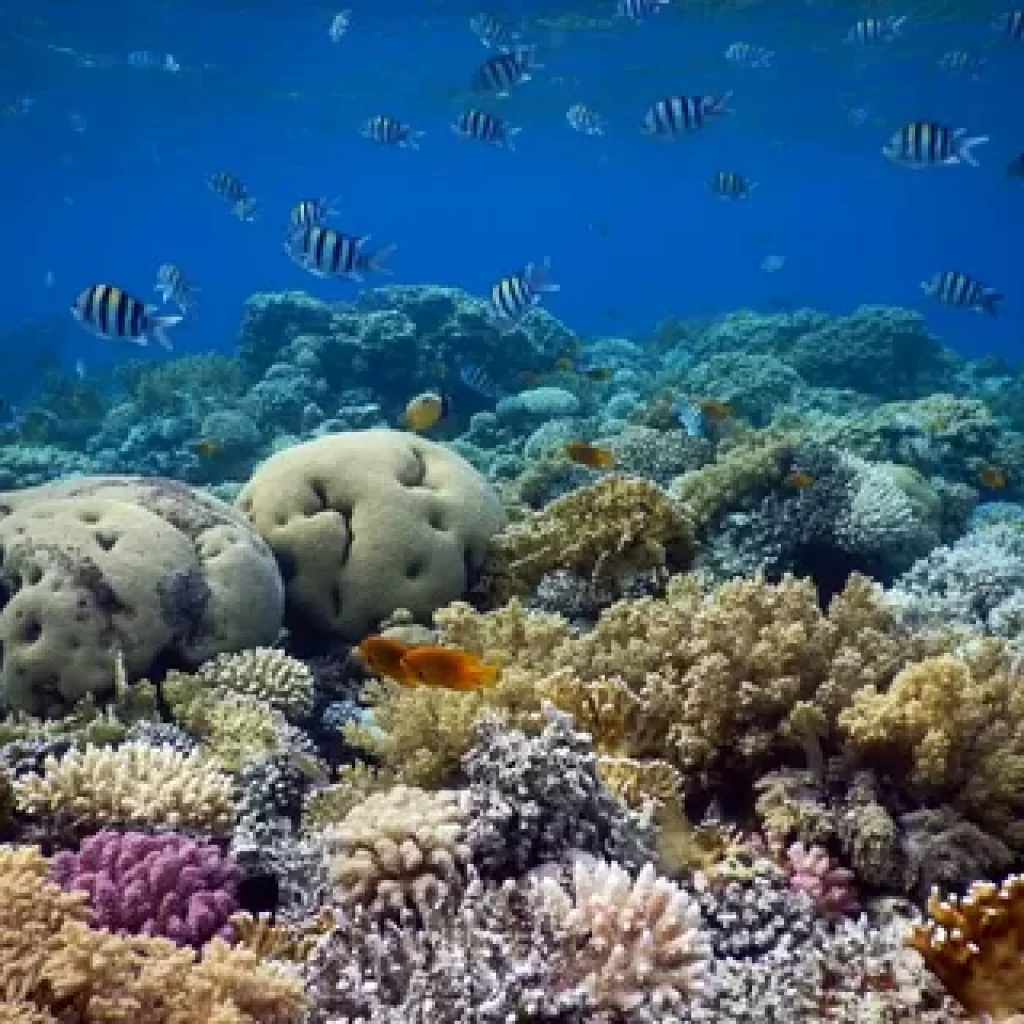
2. Geography and Climate
Located on the Gulf of Aqaba, is blessed with a unique geographical setting. The town is flanked by the rugged mountains of the Sinai Desert on one side and the crystal-clear waters of the Red Sea on the other. The climate is generally arid, with hot summers and mild winters, making it an ideal year-round destination.
3. Beaches
Dahab is renowned for its beautiful beaches, which cater to different types of travelers. The main beaches include:
- Lagoon Beach: Perfect for windsurfing and kite surfing.
- Eel Garden: Known for its diving spots.
- Assalah Beach: A quieter, more relaxed area.
Each beach offers something unique, from adventurous water sports to serene spots for relaxation.
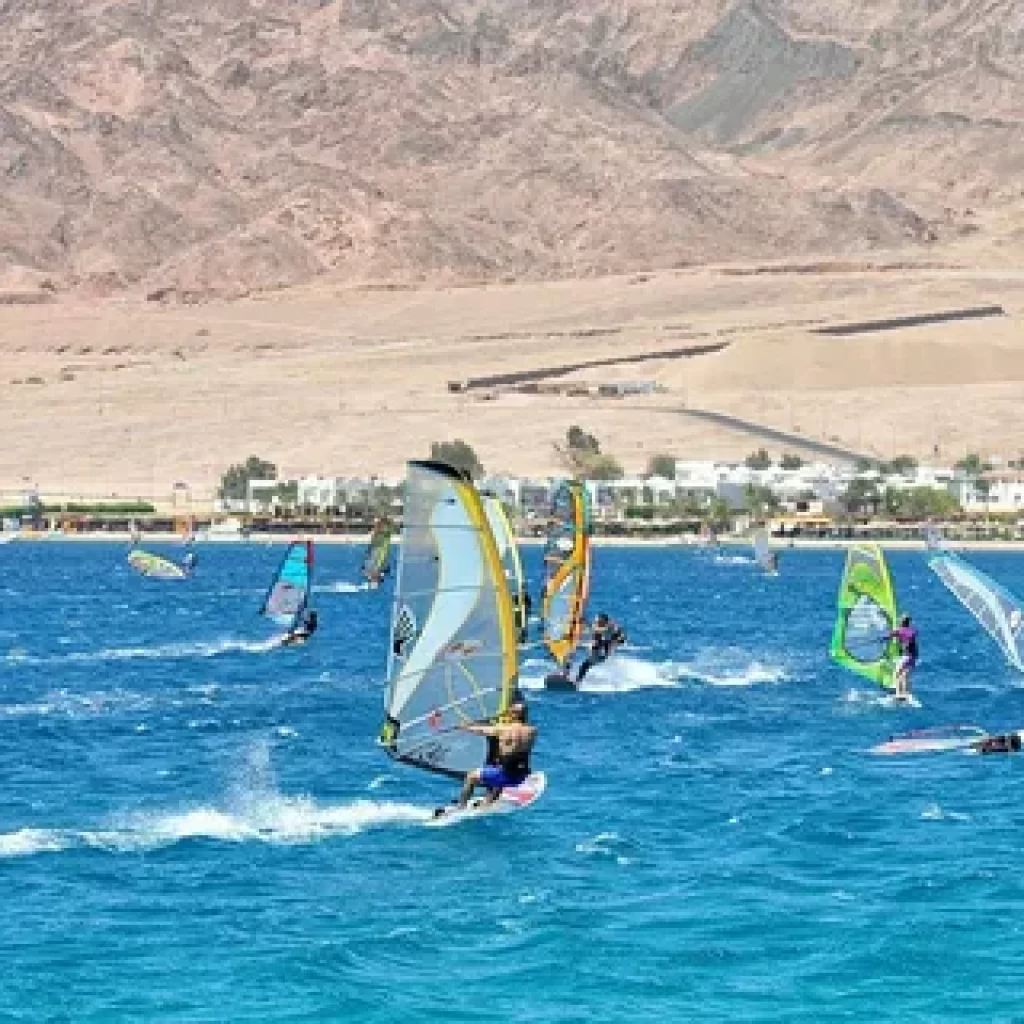
4. Water Activities
Water activities are a major draw in Dahab. The town is particularly famous for:
- Scuba Diving: Dahab has some of the best diving sites in the world, with rich marine biodiversity.
- Snorkeling: Easily accessible reefs make snorkeling a favorite activity.
- Kite Surfing and Wind Surfing: The windy conditions are ideal for these sports, particularly at the Lagoon.
Whether you’re a seasoned diver or a beginner, offers something for everyone.
5. Exploring the Blue Hole
The Blue Hole is one of the most famous dive sites in and arguably in the world. This underwater sinkhole has a depth of over 100 meters and is surrounded by rich coral formations. It attracts divers from all over the globe but also holds a reputation for being challenging. Safety should always be a priority when diving here.
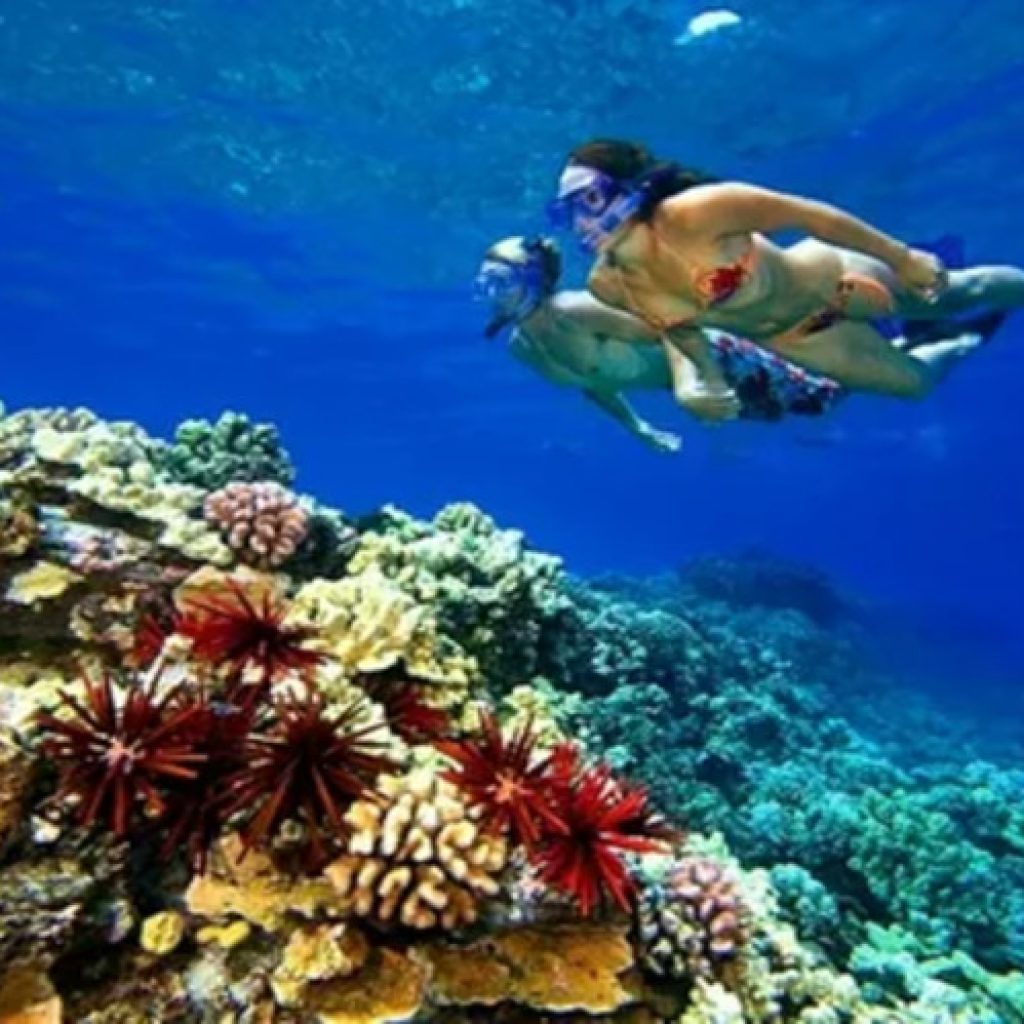
6. Bedouin Culture and Traditions
Bedouin roots are deeply embedded in its culture. Visitors can experience traditional Bedouin hospitality, music, and cuisine. Desert safaris and camel rides offer a glimpse into the Bedouin way of life, making your visit a culturally enriching experience.
7. Top Restaurants and Cuisine
Boasts a variety of dining options that reflect its diverse culture. Some top restaurants include:
- Ali Baba Restaurant: Known for its seafood and Bedouin dishes.
- Shark Restaurant: Offers a mix of Egyptian and international cuisine.
- Eel Garden Restaurant: Popular for its laid-back atmosphere and delicious meals.
From fresh seafood to traditional Bedouin fare, the culinary scene is sure to delight your taste buds.
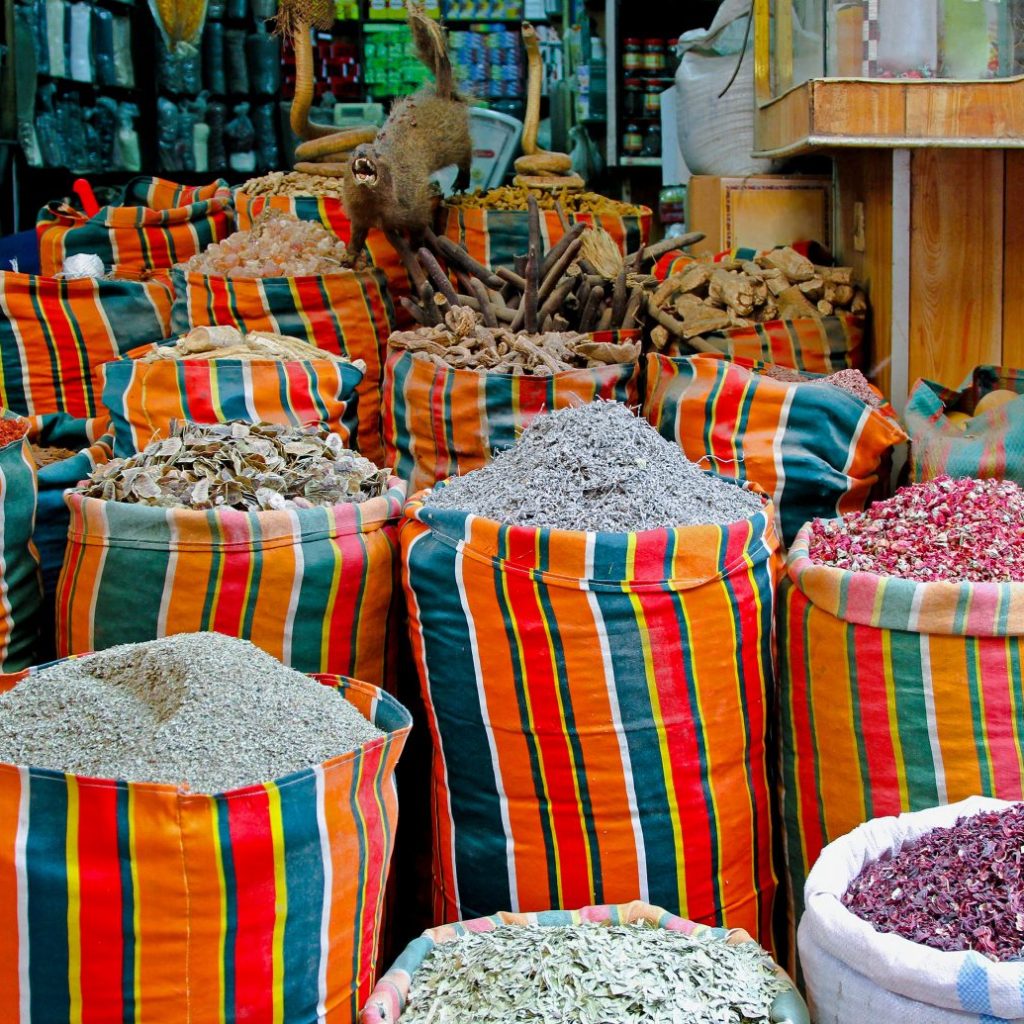
8. Shopping
Shopping is a vibrant experience, with local markets offering handmade crafts, jewelry, and textiles. Key spots include:
- Dahab Bazaar: Ideal for souvenirs and traditional Bedouin items.
- Assalah Market: Known for its fresh produce and local goods.
Bargaining is common, and it’s a great way to interact with the local vendors.
9. Accommodation Options
Offers a range of accommodation options to suit all budgets. These include:
- Luxury Resorts: Such as Le Meridien Resort.
- Mid-range Hotels: Like Paradise and Sheikh Ali Resort.
- Budget Hostels: Such as Deep Blue Divers Hostel.
Each option provides different amenities, ensuring a comfortable stay for all types of travelers.

10. Travel Tips for Dahab
When planning your trip, keep these tips in mind:
- Best Time to Visit: Spring (March to May) and Autumn (September to November) for mild weather.
- Currency: Egyptian Pound (EGP).
- Language: Arabic, though English is widely understood in tourist areas.
- Health: Ensure you have travel insurance and stay hydrated, especially in the summer.
These tips will help you make the most of your trip to this enchanting destination.
Conclusion:Dahab
Is a captivating destination that offers a unique blend of natural beauty, adventure, and cultural richness. Whether you’re looking to explore the depths of the Red Sea, bask in the golden sands, or immerse yourself in Bedouin traditions, promises an unforgettable experience. Plan your trip and discover the many treasures this hidden gem has to offer.
FAQs:Dahab

1. What is Dahab famous for?
Famous for its stunning beaches, world-class diving sites, and rich Bedouin culture.
2. When is the best time to visit ?
The best time to visit is during spring (March to May) and autumn (September to November) for mild and pleasant weather.
3. Is Dahab safe for tourists?
Yes, Dahab is generally safe for tourists, but it’s always wise to stay informed about local guidelines and safety measures.
4. What activities can I do in Dahab?
Activities in include scuba diving, snorkeling, kite surfing, windsurfing, desert safaris, and exploring Bedouin culture.
5. How do I get to Dahab?
The nearest airport to Dahab is Sharm El Sheikh International Airport, from where you can take a taxi or bus .
6. Are there any cultural norms I should be aware of in Dahab?
Yes, it’s respectful to dress modestly, especially when visiting Bedouin communities or religious sites.
7. Can I find vegetarian food in Dahab?
Yes, many restaurants in offer vegetarian and vegan options.
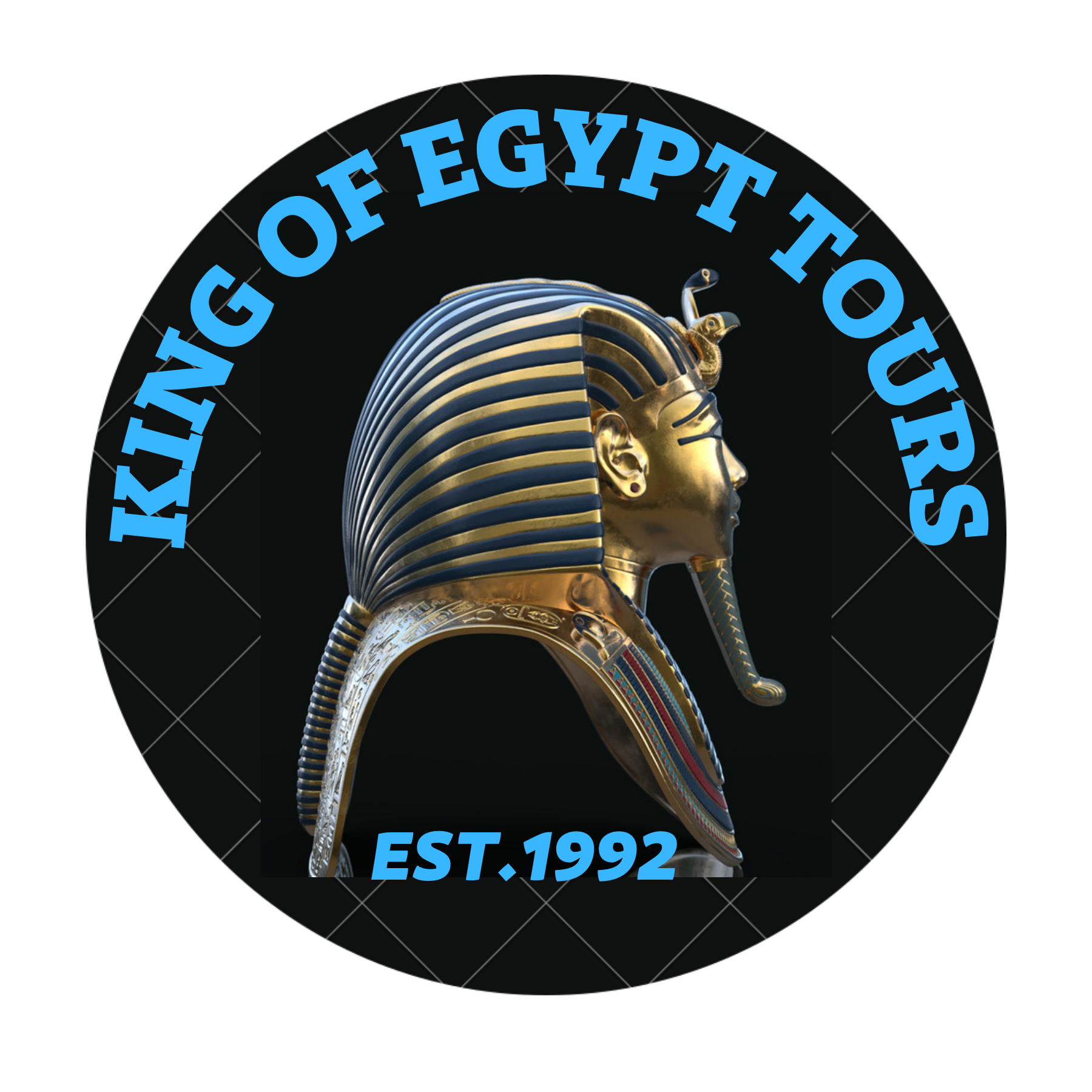
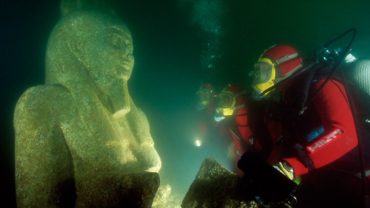
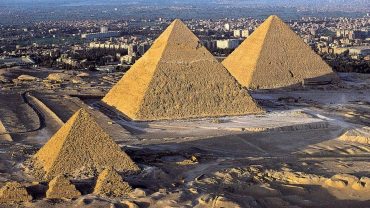
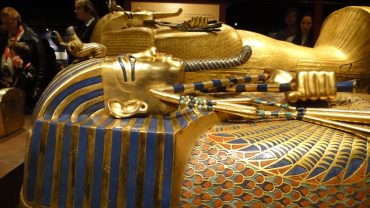

Comment (0)